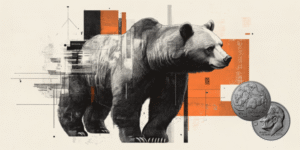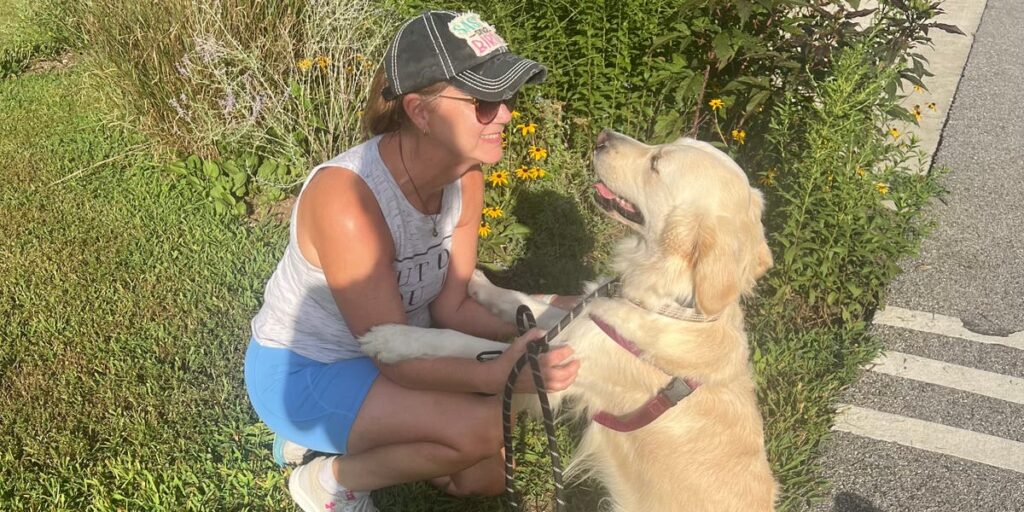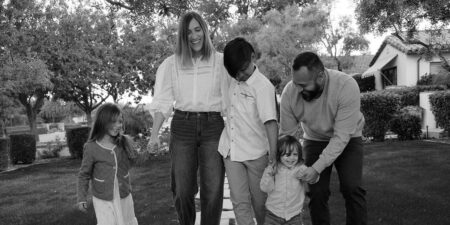One month ago, I was a communications executive with a six-figure salary. Today, I deliver sandwiches for DoorDash, sometimes for nearly minimum wage.
The first time I accepted a DoorDash order, I nearly cried. Just weeks earlier, I had been managing crisis communications for an entire industry.
Now, I was delivering people’s lunches and dinners — all because one person decided to eliminate my job. One person. One decision.
I wasn’t prepared for that gut punch, or for the cashier at a store where I was picking up an order who unknowingly voiced my shame: “You don’t look like a DoorDasher.”
I started gig work to stretch my savings
So much of our identity is wrapped up in our jobs. Most of us spend at least a third of our waking hours working, so it’s no wonder our jobs become such a big part of who we are.
I worked hard to reach the level I was at, starting as an administrative assistant, finishing my college degree, and climbing the corporate ladder. I was proud of my work and proud to be an executive.
Then, in one 10-minute video chat, it was gone. I was left asking all the questions anyone in that situation would: How will I pay my mortgage? What if I don’t find another job? How long will my savings last? Do I have any chocolate in the house? Is 11 a.m. too early for tequila shots?
I decided the best approach was to divide my time between applying for new jobs and finding side work to stretch my savings. I signed up for both DoorDash and Rover, knowing people who had used them successfully. The gig work was eye-opening, to say the least. One day, in particular, tells the story best.
Some lessons I’ve learned about human behavior
DoorDash is largely faceless. Someone orders through an app, you pick up the food, and drop it off without ever meeting them. This is a real bonus when you’re sweaty and gross after a hike — no judgment.
However, as social media has taught us, people often don’t put their best foot forward when they can hide behind a screen, and it shows in the tips.
Here’s what astonishes me: sometimes those with the most are the least generous. One DoorDash shift, I delivered a $40 order to a family in an upscale neighborhood — almost a 20-minute drive from the restaurant, with homes easily worth over $1 million. They tipped $3. After accounting for the distance from the store to the customer’s home, I made the equivalent of $8.50 an hour for that Panera run.
Not an hour later, I delivered an $8 order to a young retail worker, likely earning around $15/hour. The entire order took about 10 minutes to fulfill. She tipped $3.75.
Why is it that those who can least afford it are often the most generous? What is it about humans that sometimes makes us stingier as we acquire more?
My Rover reality check
I had a Rover job scheduled for later that same evening, so I wrapped up my shift and headed to the house-sitting gig. I arrived early and was greeted by an adorable Goldendoodle. Then things got strange: the owners weren’t leaving.
Normally, house sitting means caring for a pet while the owner is gone — and having some freedom in the meantime.
However, these folks were hosting a party and wanted me to follow the dog around the entire time so she didn’t get overexcited, as she had been sick earlier in the day. I spent 4½ hours on the fringes of their gathering, feeling like an interloper the entire time, and was completely bored out of my mind.
For that, I got paid $31. I felt taken advantage of, and it was a clear lesson in human behavior. In gig work, you learn to double-check the job details — otherwise you might find yourself the uninvited guest at someone else’s dinner party.
What I learned about myself (and others)
This experience has taught me a lot about myself. I’ve realized that status matters to me, perhaps more than it should.
I’ve also learned that I am strong, resilient, and willing to do what it takes to keep a roof over my family’s head.
I’ve seen that some people prioritize money over kindness, but if you look closely, there are people with hearts of gold. Those are my people.
I’m still chasing the right long-term job. Until then, gig work doubles as my paycheck — and my personal sociology experiment.
Read the full article here
















